Alumni of Organisation Dynamics Association (AODA)
AODA activities provide opportunity for extending thinking and enabling interconnection with like minded people in this field.
At NIODA, RMIT or SWINBURNE?
Would you like to be in touch with other alumni of organisation dynamics postgraduate course and keep up to date with the latest in this field across the globe?
NIODA Alumni of Organisation Dynamics Association
The Alumni of Organisation Dynamics Association (AODA) joins those who have graduated from NIODA since 2017 together with those who have undertaken postgraduate study in organisation dynamics at Swinburne and RMIT universities in systems psychodynamic thinking. AODA activities provide opportunity for extending thinking and enabling interconnection with like minded people in this field and sharing application of the work in many and varied ways, in different workplaces and social contexts.
The Alumni Committee meet to hold and plan the alumni activities to provide opportunities for alumni of organisation dynamics to connect through alumni exclusive events, attending NIODA seminars, international visitor presentations, exciting new research dissemination, paper releases and other events.
The Alumni Committee invites graduates of the NIODA, Swinburne and RMIT Organisation Dynamics programs and related courses to register [click here] to keep in touch and update you with what activities are happening.
An Alumni of Organisation Dynamics (AODA) group is on LinkedIn as a forum for alumni of organisation dynamics to connect, discuss ideas, events and concepts.
We’d love you to add to our ‘Where are they now?’ series (see below) to inspire prospective students and at the same time raise your professional profile.
Alumni Committee: Cameron Brooks (chair), Susan Campbell, Jackie Zombolas, Belinda Bywaters, Nikola Zaorska, Penny Aquino, Helen McKelvie, Sally Mussared, & Ellie Robinson
Where are they now?
Stories from alumni of organisation dynamics…
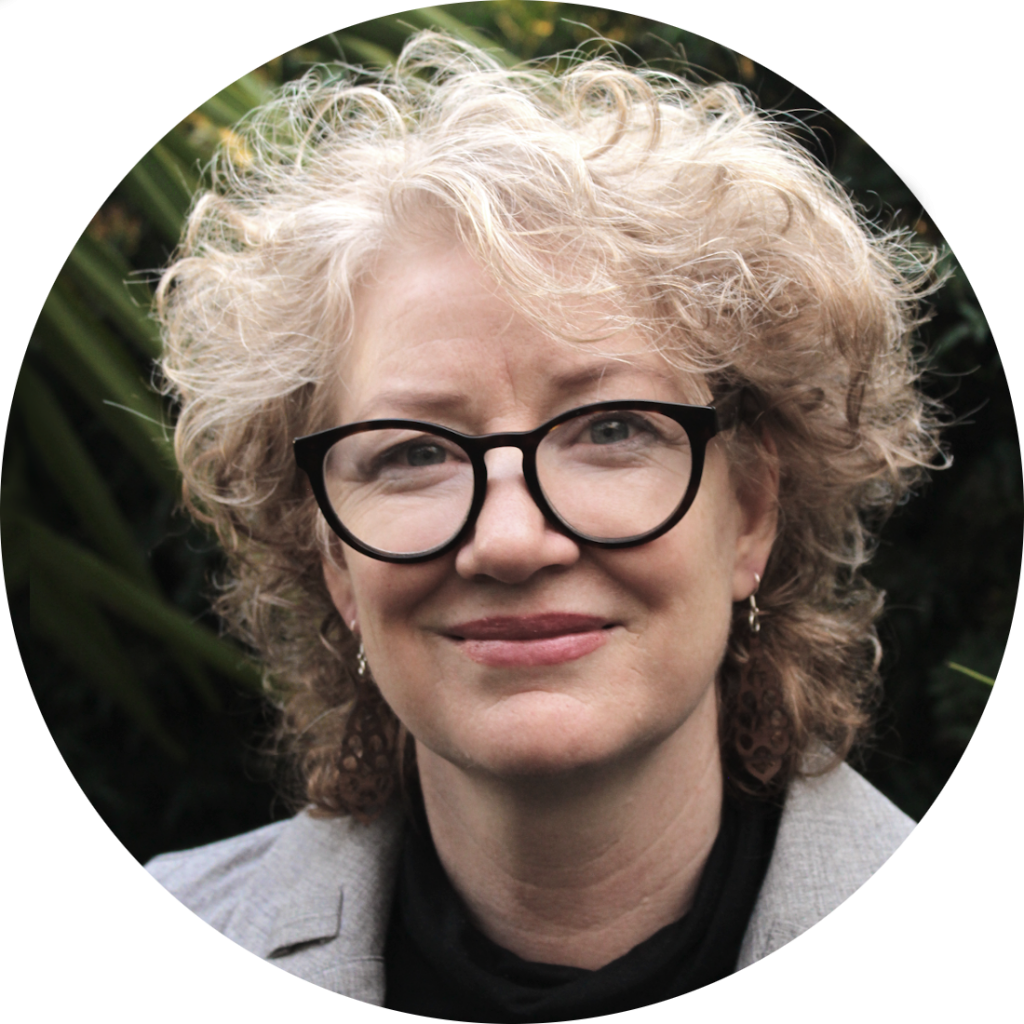
Helen McKelvie
Master of Leadership and Management (Organisation Dynamics), NIODA
Since completing my study in 2017 I have taken up a part-time role within the public service organisation I have worked at for many years as an internal consultant to support strategic and business planning, with a specific brief to bring a systems psychodynamic lens to this role. I am also making a start towards working as systems psychodynamically informed consultant, taking organisational role analysis clients and working with more experienced practitioners on leadership and team development projects.
I am enjoying the challenge of teaching in the NIODA MLM(OD) course.
There is so much from the MLM(OD) course that informs the way I take up my different roles at work. What I’ve learned helps me to think more systemically, to seek clarity of purpose and task, understand boundaries and authority relations, create ‘potential space’ and to be looking for what is happening at the level of the unconscious to try to make sense of work dynamics.
Once you put the goggles on, it’s hard to take them off!
My biggest concern in returning to study was how to make time on top of full-time work, family and life in general. I was lucky that my workplace was very supportive and my family very forgiving of my new focus on study. The course has a long history and a rigorous academic approach. Wendy and Brigid impressed me with their knowledge and passion. The best things were the learning and the connection to my cohort of fellow students.
I recommend this course to anyone with an interest in being able to make modern workplaces better for those who spend so much of their lives there.
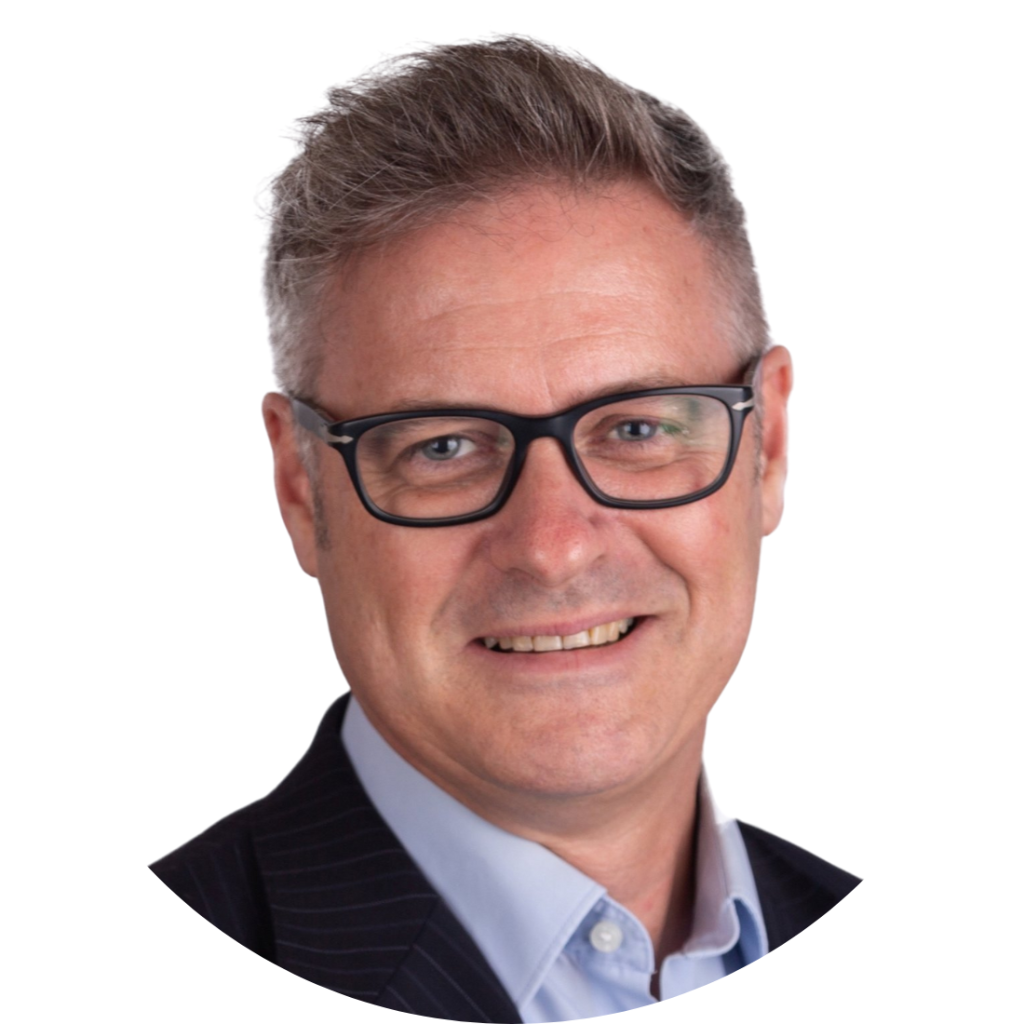
Max Edwards
Master of Business (Leadership and Organisation Dynamics), Swinburne
Since completing the Masters in Leadership and Organisation Dynamic Program, Swinburne, 2001, I have continued my career as a management consultant and practitioner of organisation development. This has involved in-house OD consulting roles and management consulting roles with a number of global firms.
I subsequently founded my own consultancy specialising in leadership and strategic change in 2008.
It’s a few years ago now, yet my learning from the course continues to inform my practice today. Reflective practice is essential to my work and is enhanced through the lens of systems psychodynamics.
There are too few courses to learn and apply the OD practice of “self-as-instrument” in Australia today. This is particularly important to making sense of inter-personal and intra-personal dynamics of organisations, teams and individuals during periods of significant change. Observing and working with social defences and resistance helps me step back and engage more effectively with my clients. Narrative methods and coaching-in-depth are particularly helpful in deeply understanding client experiences and liberating choices for action.
My biggest concern was making the time to study. The investment was well worth the time and effort to develop a unique set of skills and ways of working.
At the time of my study, Swinburne was considered in industry the best program of its in kind in Australia. It was demanding both emotionally and intellectually, with world class faculty. It was also using an innovative approach to learning using a combination of action-research, small group work and reflective practice. We also used the class as an organisational lab to support each other on our respective learning journeys. We were encouraged to research thought leaders from around the world, not just from a North American perspective.
The best thing about this course has been the personal and professional growth that continues to unfold.
I recommend this course to management consultants, organisation development and human resources professionals.
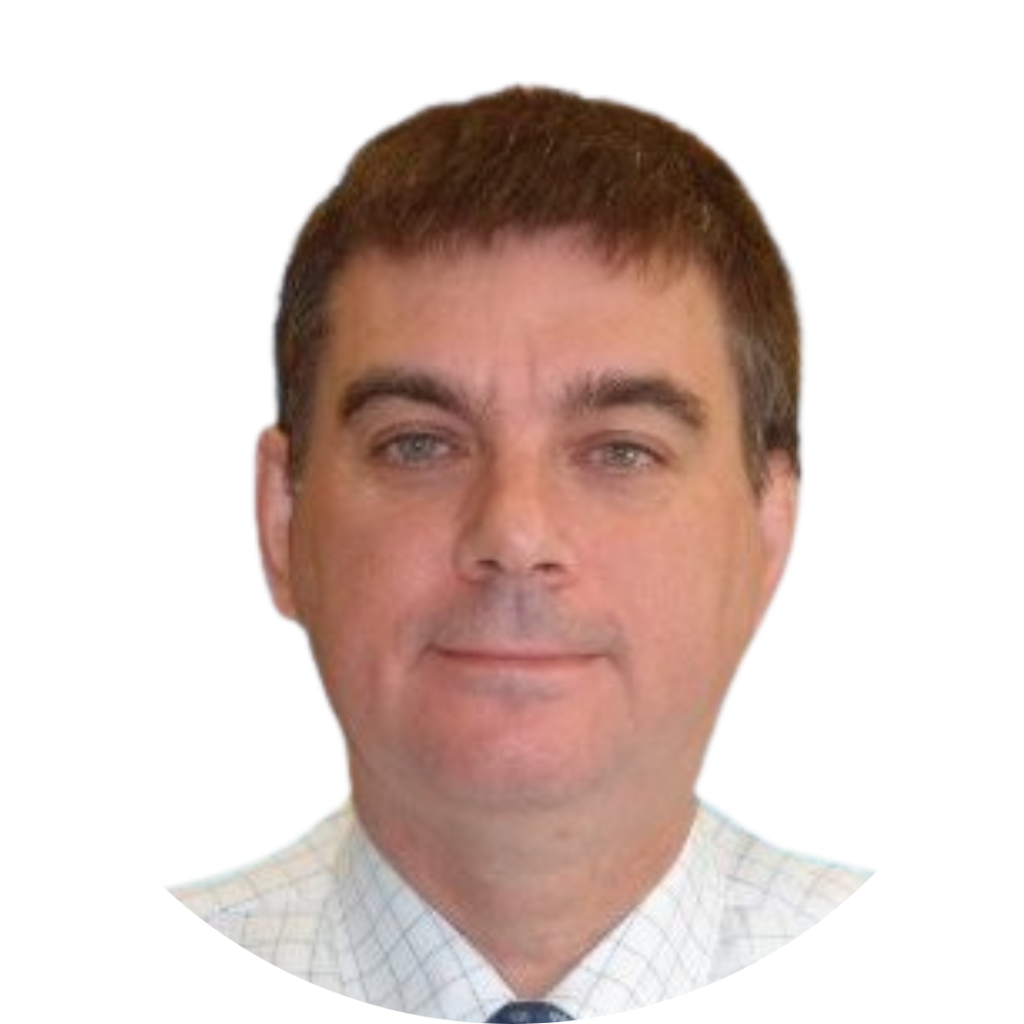
Peter Johns
Graduate Diploma in Organisation Dynamics, Swinburne
Since completing the Graduate Diplomia in Organisation Dynamice, Swinburne, 1999, I started PBJ & Associates and have been providing engineering and management consulting services mostly to the Water Industry.
The organisational learning’s are used extensively in providing advice and helping organisations to review and implement projects in order to improve integration and development of organisational goals.
My biggest concern when considering returning to study was changing Jobs and lack of time.
The ability to gain greater understanding of how organisations behave and develop techniques to improving group/organisational performance made me decide to study.
The best thing about this course is the in-depth psychodynamic understanding of the interrelationship between individuals and groups within organisational structures.
I recommend this course to anyone managing people and responsible for organisational improvement.
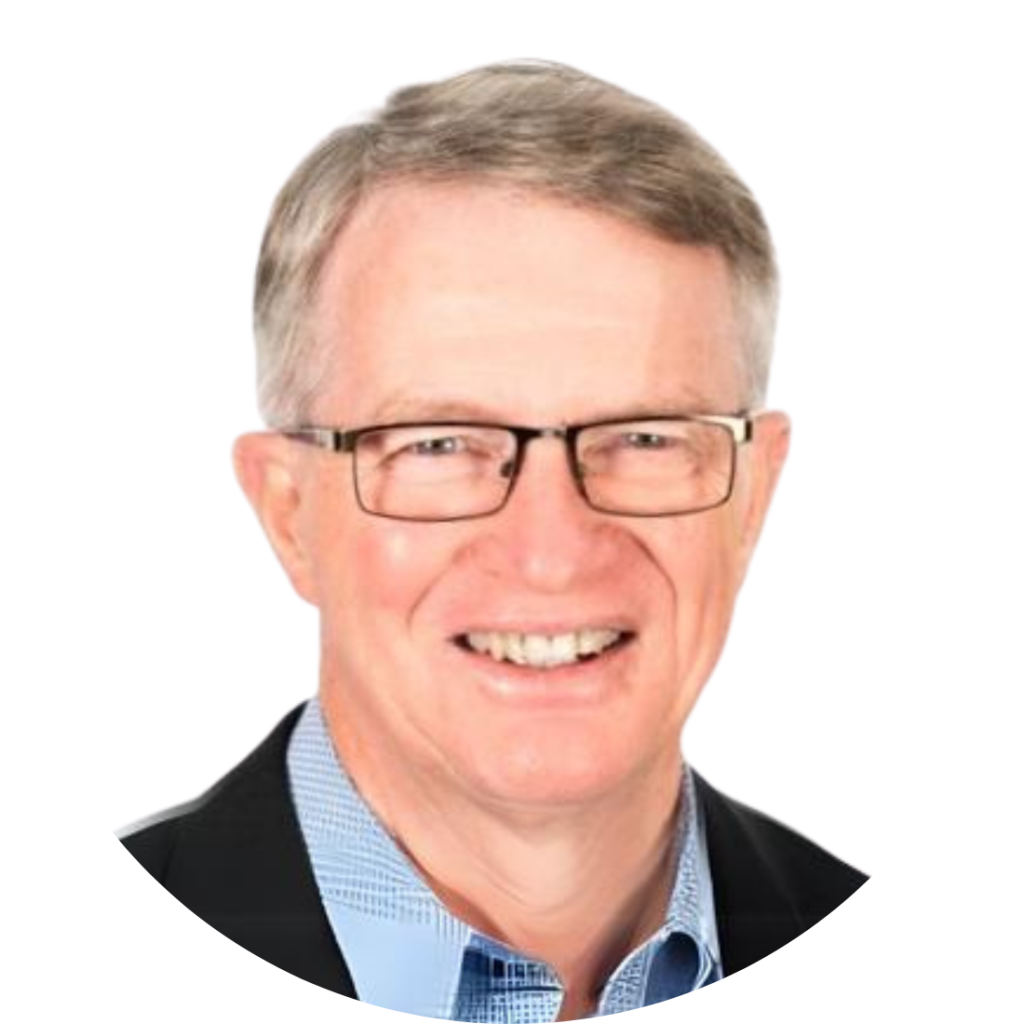
Kerry Little
Master of Applied Science (Organisation Dynamics), RMIT
Concurrent with the Master of Applied Science (Organisation Dynamics) at RMIT in 2006, I established my own HR Consultancy providing Recruitment & Executive Search, Executive Coaching, HR Consulting and Performance Management. Additionally I learned the Leadership Development process and offer 6 & 12 Month programs. A stint with a client led to a GM HR/HSEC role in construction for four years and subsequently a return to Executive Coaching. I also have qualifications as a Company Director, Chair a Board and have a role as a Non Executive Director in manufacturing companies.
The Action Research project in year three of my studies gave me an awareness of the impact of the consultant entering the field. The systems psychodynamic stance enables valuable insights into client contexts, and particularly role analysis as an approach to assisting coachees to deepen their knowledge of self in role. feelings as data adds to the appreciation of people and the role they perform. The catalogue of papers from the program reading help to inform topic areas encountered in my practice. I learned about boundaries management!
I was concerned to have a program that enabled me to work in my own business and at the same time gain the benefits of studying. I did not have an undergrad qual and was concerned at the level of study.
I decided to study becuase I was allowed to enter the course as a mature age student and the times of attendance were flexible.
I describe the course as my “great unlearning!” The challenge presented by systems psychodynamic thinking made me more open to possibilities, less concerned about ambiguity, and more appreciative of the needs of others along the spectrum.
I recommend the program to clients who seek greater understanding of people, groups and organisations and what makes them tick!
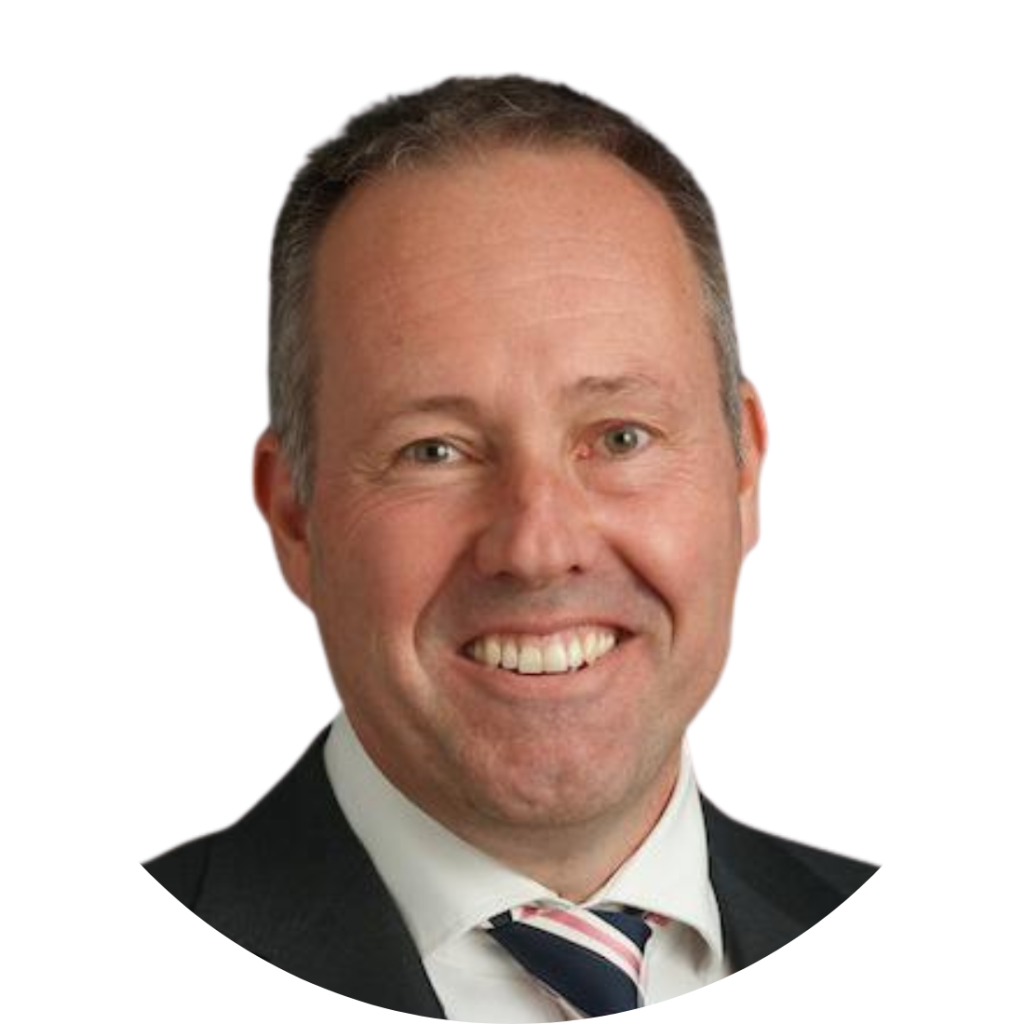
Nick Avery
Master of Applied Science (Organisation Dynamics), RMIT
I finished studying Master of Applied Science (Organisation Dynamics) at RMIT in 2011 remotely while living in Hong Kong and returned to Melbourne to join Korn Ferry – a consulting firm.
I now focus on leadership and top team effectiveness, I’m constantly reminded of the work of Bion and often coach through Role Analysis.
At the time, I was most concerned about making time available to commit to the work. I was keen to find a program that took a deeper look at OD. This one fit perfectly.
The best was the peer group and ready access to faculty who consulted to clients themselves.
I recommend this course to OD and Leadership Practitioners who want an alternate set of frameworks and practical skills that aren’t available in an MBA.
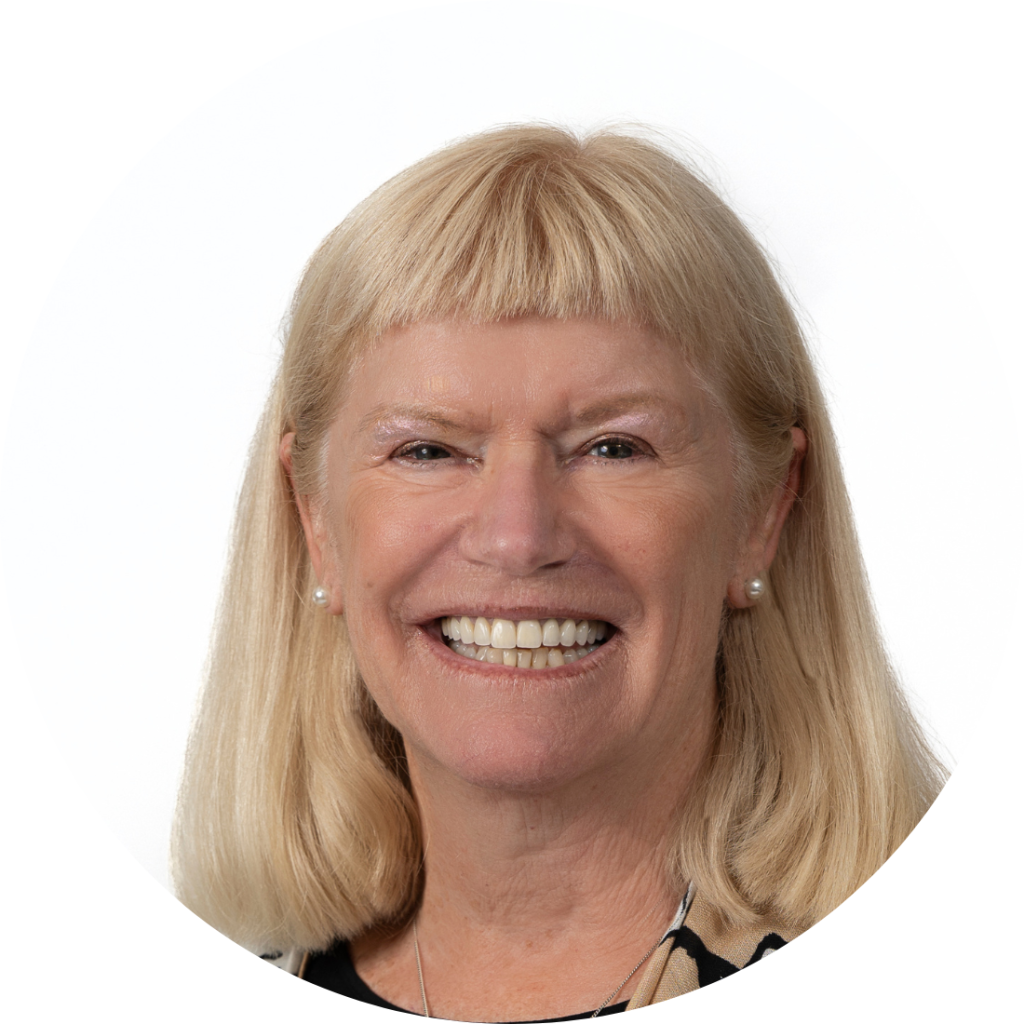
Judy Kent
Professional Doctorate, RMIT
Master of Applied Science (Organisation Dynamics), RMIT
Since completing a Master of Applied Science (Organisation Dynamics) and then Professional Doctorate at RMIT in 2010 I work consulting to organisations. I am Associate Program Director at Melbourne Business School and Chair of the NIODA Board of Governance.
My learning from the course informs my work as it is useful in teaching students some aspects of psychodynamics as well as informing myself of the groups dynamics of student cohorts.
My biggest concerns when considering returning to study were time and cost. I decided to study because of the psychodynamic lens.
The best thing about this course is being able to do what I do through a different lens.
I recommend the course to anyone trying to make sense of their organisational psychic prison.
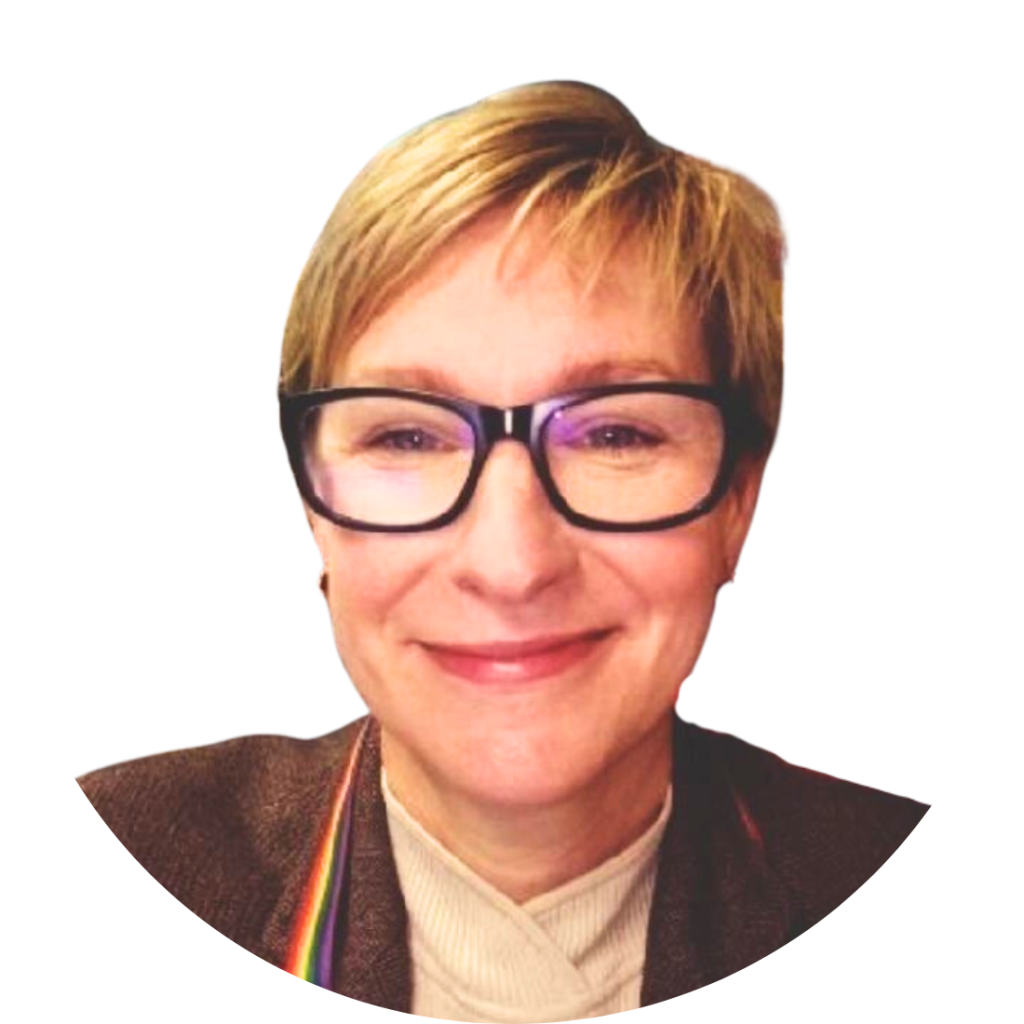
Karen Olver
Master of Leadership and Management (Organisation Dynamics), NIODA
I completed the Master of Leadership & Management (Organisation Dynamics) course at NIODA in 2018.
I find the learning can be applied at work, and as such has informed my work as a people manager.
My biggest concern when considering returning to study was that I didn’t have a background in psychology. I decided to study from a recommendation from a mentor that completed this course at RMIT.
Learning about systems psychodynamics has liberated new thinking and allowed me to gain new insights into organisational issues. The course has also been especially useful in my own workplace and I have been able to apply and share these learnings progressively.
I could not have imagined this before starting this course. Three years ago, I felt ambivalent about people management, I was feeling tired and worn out, dejected and perplexed about working in organisations that seemed counterfactual and broken.
I have also learnt that there are no easy answers, however, theoretical frameworks, that provided ‘good enough’ containment, at least enough time to allow for ‘thinking’ to take place and creativity to emerge. Systems psychodynamics has become a way for me to make meaning of work in organisations, and my role working in them, in particular, as a manager, and how I engage with others. It has become a powerful ‘lens’ for me to gain deeper insights into how organisations work.
I believe that using systems psychodynamics generates new thinking to address complex organisational issues and dysfunction and create practices that will support long term change and transformation.
I recommend the course to anyone in people management or senior roles that are searching for new ways to think about organisational issues.
PO Box 287, Collins Street West,
Melbourne 8007 Australia
+61 (0) 414 529 867
info@nioda.org.au
NIODA acknowledges the Kulin Nations, and respective Traditional Custodians of the lands we work on.
We pay our respects to Elders past and present, and recognise their enduring sovereignty which has, and continues to, care for Country.
NIODA welcomes the Uluru Statement from the Heart’s invitation to walk with Aboriginal and Torres Strait Islander peoples in a collective movement for a better future.
